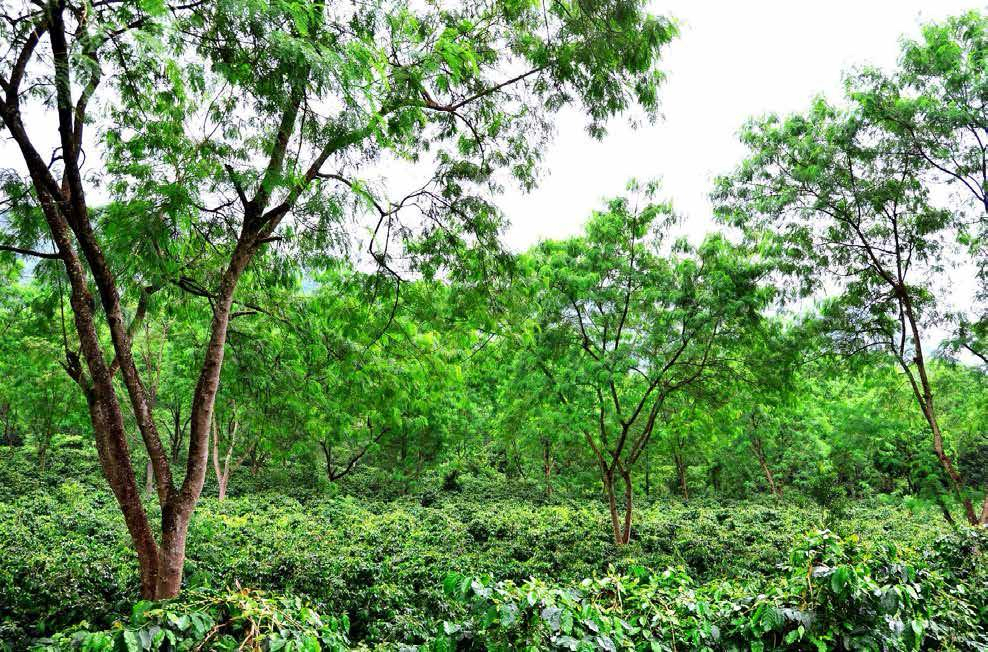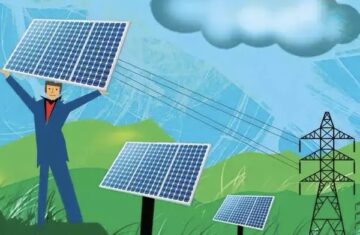Thang Nam Forestry, a prominent producer of MDF fiberboard and laminated wood panels, is revolutionizing the wood processing industry in Vietnam by prioritizing energy efficiency and sustainability. The company employs advanced technology and modern management practices to meet rigorous industry standards.
Energy Consumption Challenges
Wood processing is an energy-intensive operation, with General Director Nguyen The Mai indicating that the company consumes approximately 35 million kWh of electricity and 20,000 tons of fuel annually to power its machinery and thermal boilers. Recognizing that energy costs significantly impact production expenses, the company has made energy efficiency a top priority.
Innovative Solutions Implemented
To tackle high energy costs, Thang Nam Forestry has introduced several key initiatives:
- Production Line Capacity: Increased to 120–130%, enhancing overall efficiency.
- Quality Control: Reduced defective product rates from 3% to just 0.3%.
- Equipment Modernization: Outdated motors have been replaced with inverter-equipped models, achieving a 15–20% reduction in electricity costs.
These strategies have collectively lowered energy consumption to around 250 kWh per unit.
Transition to Sustainable Fuel Sources

The company has transitioned its boiler system from coal and wood chips to forest by-products, such as bark, which has eliminated fossil fuel usage and halved energy costs.
Establishing an Energy Management Framework
To comply with Vietnam’s Law on Economical and Efficient Use of Energy, Thang Nam Forestry has formed an Energy Management Board. This board focuses on energy policies, proposes savings initiatives, and conducts weekly evaluations of progress. Employee training on energy-efficient practices is also prioritized.
Participation in Energy Efficiency Programs
Thang Nam Forestry is involved in the Voluntary Agreement Program (VAS) under the Vietnam-Denmark Energy Partnership Program (2020–2025). Experts in this program have identified solutions, such as recovering excess heat for production processes, which could save the company 4–5 billion VND annually if implemented successfully.
Industry Impact and Future Outlook
Research from the Vietnam Chamber of Commerce and Industry (VCCI) and the World Wildlife Fund (WWF) suggests that the wood processing sector could reduce energy demand by 10.4% through the adoption of efficient practices like those employed by Thang Nam Forestry.
Thang Nam Forestry’s proactive approach to energy efficiency not only demonstrates the potential for significant cost savings but also sets a sustainability benchmark for the wood processing industry in Vietnam.



